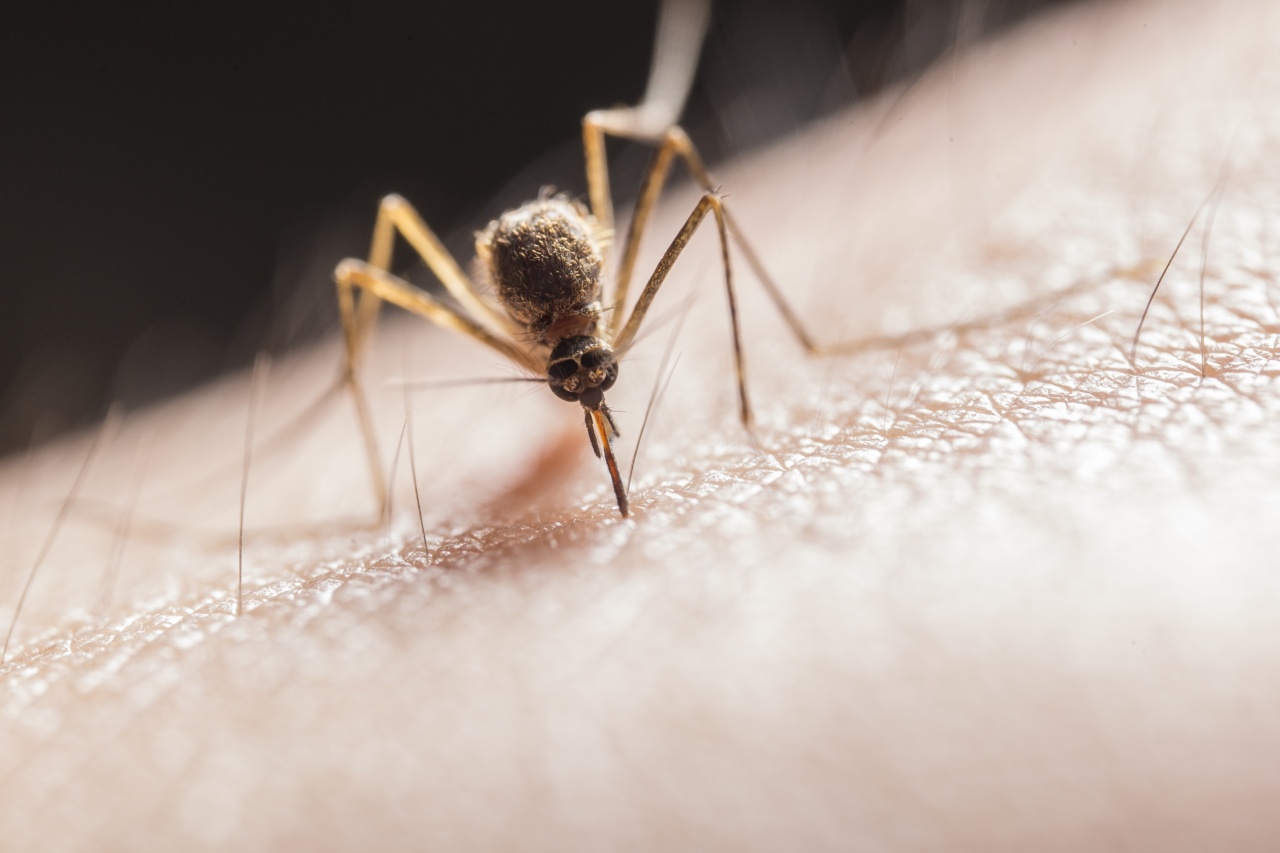Our pets are an essential part of our families, providing us with unconditional love and companionship. As responsible pet owners, it is our duty to protect them from harmful parasites that can cause distress and even life-threatening illnesses.
In this article, we will explore the different types of parasites that can affect our pets and provide valuable tips on how to prevent and treat these infestations.
Fleas: The Pesky Pests
Fleas are one of the most common parasites that afflict our beloved pets. These tiny, wingless insects can cause intense itching, allergic reactions, and transmit other diseases.
To protect our pets from fleas, it is essential to implement a comprehensive flea control strategy.
Tick Troubles
Ticks are another common problem that can harm our pets. These blood-sucking parasites attach themselves to the skin and can transmit dangerous diseases such as Lyme disease and Rocky Mountain spotted fever.
Regular tick checks and the use of tick prevention products are crucial in keeping our pets safe.
Heartworm Disease: A Silent Killer
Heartworm disease is a severe and potentially fatal condition that affects both dogs and cats. This parasitic infection is transmitted through the bite of infected mosquitoes. The worms eventually lodge in the heart and lungs, causing severe damage.
Preventing heartworm disease requires the use of monthly preventive medications prescribed by a veterinarian.
Intestinal Worms: The Silent Threat
Intestinal worms, such as roundworms, hookworms, and tapeworms, can pose a significant health risk to our pets. These parasites are usually transmitted through the ingestion of contaminated soil, feces, or prey.
Regular deworming and proper hygiene practices can help prevent these pesky creatures from infesting our pets.
Ear Mites: The Itchy Invaders
Ear mites are tiny, spider-like parasites that infest the ears of dogs and cats. They cause severe itching, discomfort, and can lead to secondary ear infections if left untreated.
Cleaning your pet’s ears regularly and using appropriate medications can help eliminate these bothersome intruders.
Skin Parasites: Mange and Mites
Mange and mites can cause intense irritation and skin problems in our pets. Sarcoptic mange, demodectic mange, and various mites can seek refuge on our pet’s skin, causing hair loss, intense itching, and skin infections.
Regular grooming and prompt veterinary care are vital to preventing and controlling these skin parasites.
Prevention Tips
While the threat of parasites is always present, there are several preventative measures pet owners can take to protect their furry friends:.
1. Regular Veterinary Check-ups
Regular check-ups with a veterinarian can help catch any potential parasite infestations early on. Your vet can provide advice on preventative medications, perform screenings, and recommend the best course of action for your pet’s specific needs.
2. Flea and Tick Control
Using veterinarian-recommended flea and tick control products is crucial in keeping these pests at bay. Regularly inspecting your pet’s coat and using preventive treatments can significantly reduce the risk of infestation.
3. Heartworm Prevention
Administering monthly heartworm preventive medications, such as chewable tablets or topical solutions, is essential for protecting your pet from this potentially fatal disease. Discuss suitable options with your veterinarian.
4. Hygiene and Cleanliness
Keeping your pet’s living environment clean and practicing good hygiene is essential in reducing the risk of parasite infestations. Regularly clean your pet’s bedding, vacuum your home, and dispose of feces promptly and properly.
5. Regular Deworming
Administering deworming treatment as recommended by your veterinarian can help prevent intestinal parasites. Regular fecal examinations can detect any infestations early on, allowing for prompt treatment.
6. Avoidance of High-Risk Environments
Avoiding areas with high parasite populations, such as wooded areas, tall grass, and stagnant water sources, can minimize the risk of exposure to fleas, ticks, and other parasites.
Treatment Options
If your pet becomes infested with parasites despite preventative measures, it is essential to seek prompt treatment from a veterinarian. The appropriate course of treatment will depend on the type of parasite and the severity of the infestation.
Conclusion
Protecting our pets from harmful parasites is a crucial aspect of responsible pet ownership. By implementing preventative measures and seeking timely treatment, we can ensure the well-being and happiness of our furry companions.
Regular veterinary care, parasite prevention products, good hygiene practices, and awareness of potential risks all play a vital role in safeguarding our pets. Let us strive to provide them with the protection they need to live healthy and parasite-free lives.





























